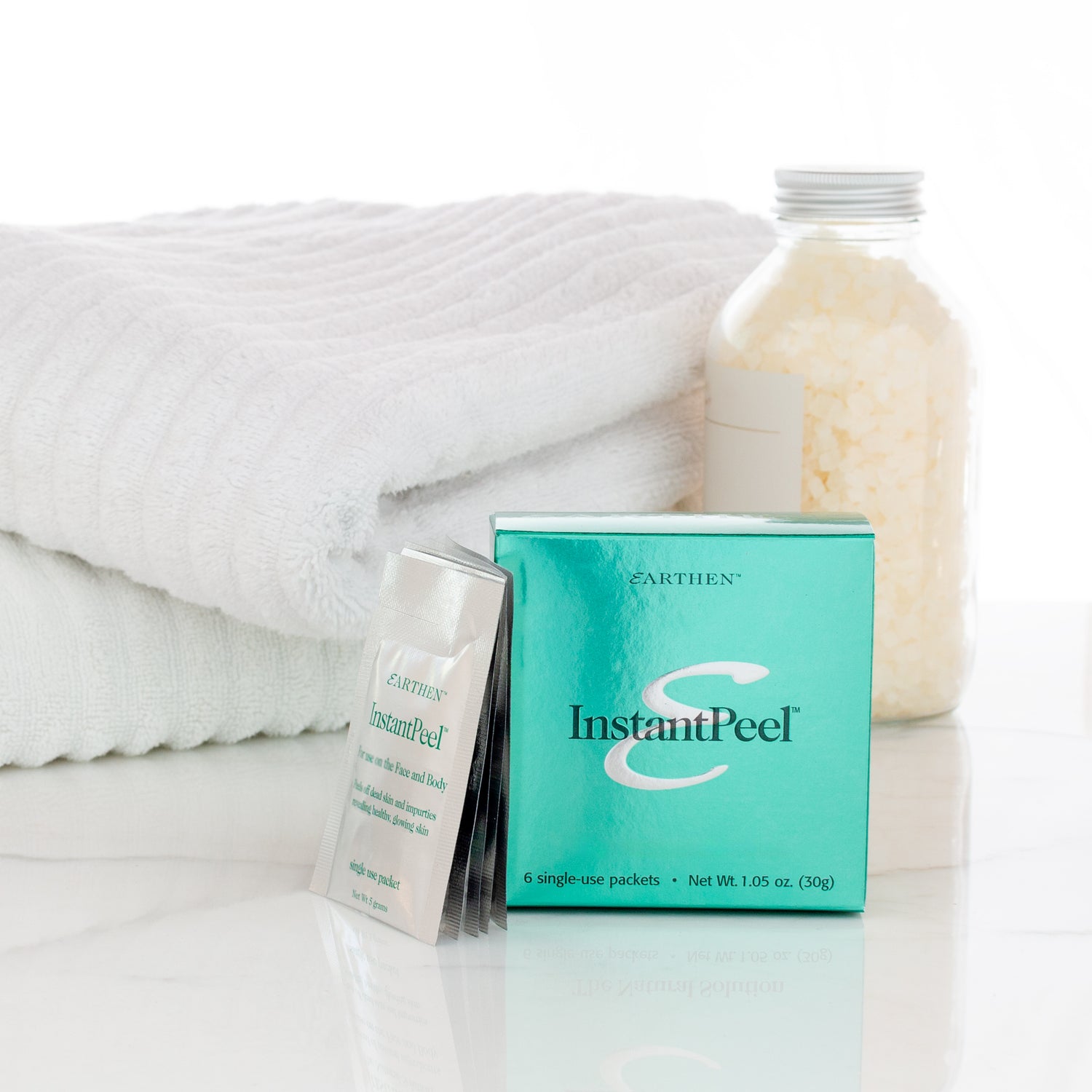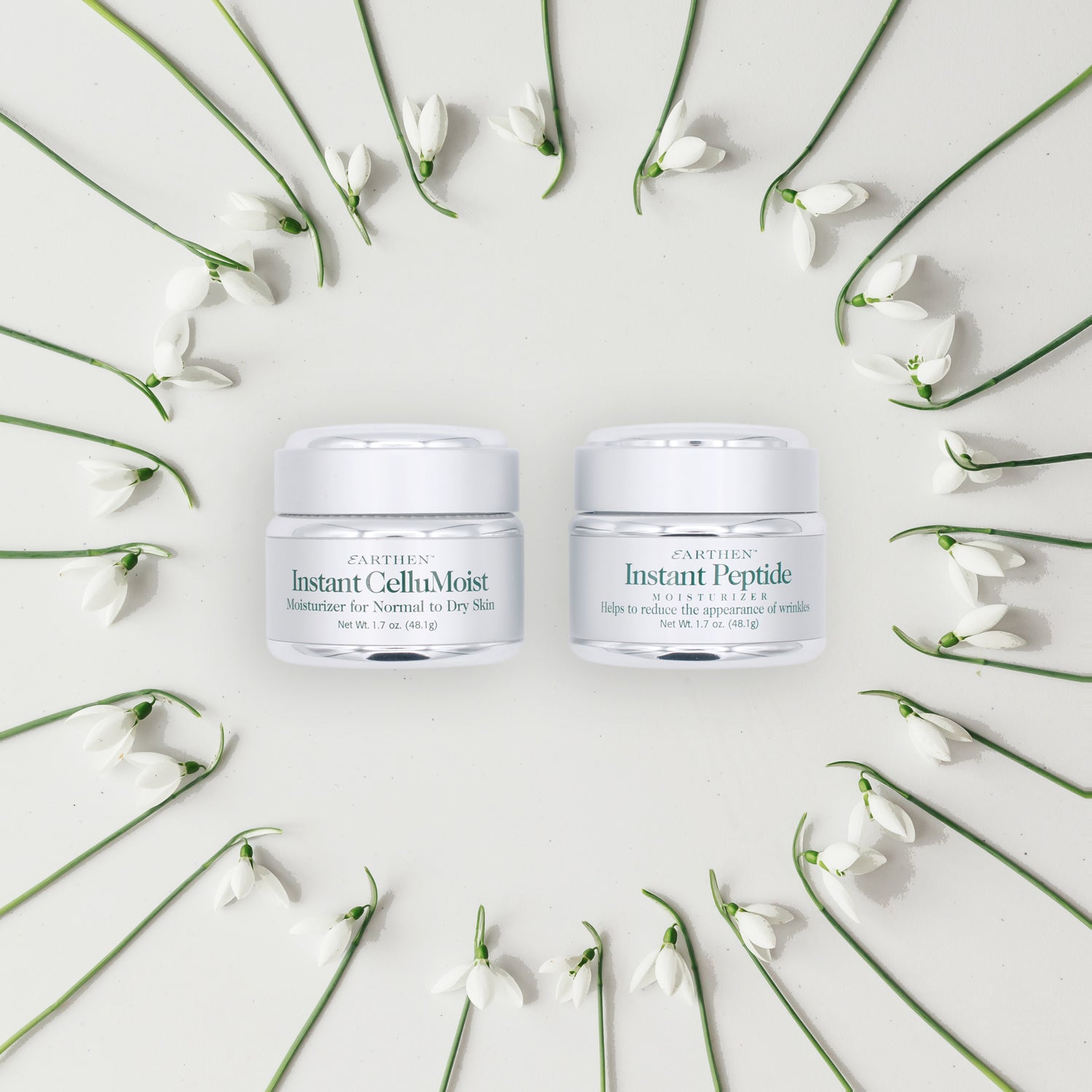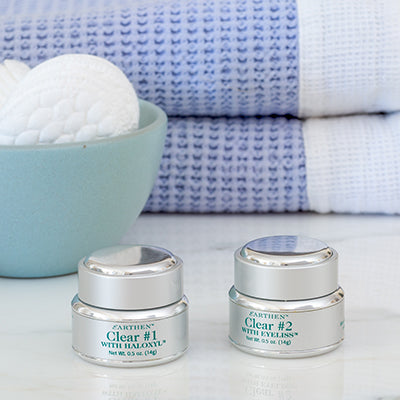We're all chasing that youthful glow, that radiant complexion that seems to defy time. While a healthy lifestyle, sunscreen, and a good skincare routine play vital roles, there's a secret weapon in the fight against aging skin: collagen. This powerful protein acts as the scaffolding of our skin, providing structure, elasticity, and firmness. As we age, however, collagen production naturally declines, leading to wrinkles, sagging skin, and a loss of that youthful plumpness. But don't despair! Understanding collagen and how to boost its production can help you maintain a more youthful appearance for longer.
The Signs of Collagen Loss:
As collagen levels decrease, you may start to notice some telltale signs:
- Wrinkles and Fine Lines: Less collagen means less support for the skin, leading to the formation of wrinkles and fine lines, particularly around the eyes, mouth, and forehead.
- Sagging Skin: Skin loses its elasticity and firmness as collagen diminishes, resulting in sagging, especially around the jawline, neck, and cheeks.
- Dryness and Thinning Skin: Collagen helps maintain skin hydration. A decrease in collagen can lead to drier, thinner skin that is more prone to damage.
- Joint Pain: While this blog focuses on skin, it's important to remember collagen's role in joint health. Decreased collagen can contribute to joint pain and stiffness.
How to Boost Your Collagen Production:
While the natural decline of collagen is inevitable, there are several ways to support your body's production and minimize the visible signs of aging:
- A Healthy Diet: Nourishing your body with the right nutrients is crucial for collagen production. Focus on foods rich in protein, such as lean meats, fish, eggs, and beans. Vitamin C is essential for collagen synthesis, so load up on citrus fruits, berries, and leafy greens. Foods rich in copper and zinc, like nuts, seeds, and whole grains, also play a role.
- Collagen Supplements: Collagen supplements, available in powder, pill, or liquid form, can help boost collagen levels. Look for hydrolyzed collagen peptides, which are easier for the body to absorb. Consult with your doctor or a registered dietitian before starting any new supplement regimen.
- Topical Collagen Creams: While topical collagen creams may not penetrate the skin as deeply as supplements, they can still provide some hydration and support skin elasticity. Look for creams that also contain other beneficial ingredients like hyaluronic acid and antioxidants.
- Protect Yourself from the Sun: UV radiation is a major culprit in collagen breakdown. Protect your skin by wearing sunscreen with an SPF of 30 or higher every day, even on cloudy days. Seek shade during peak sun hours and wear protective clothing.
- Lifestyle Habits: Certain lifestyle habits can also impact collagen production. Smoking, excessive alcohol consumption, and a diet high in sugar can all damage collagen. Prioritizing sleep, managing stress, and staying hydrated are also important for overall skin health.
Collagen is essential for maintaining youthful, healthy skin. While the natural decline in collagen production is a part of aging, you can take steps to support your body's ability to produce this vital protein. By incorporating a healthy diet, considering collagen supplements, protecting yourself from the sun, and adopting healthy lifestyle habits, you can help keep your skin looking younger and more radiant for years to come. Remember, consistency is key. Making these changes a part of your daily routine will yield the best results and help you embrace ageless beauty.




